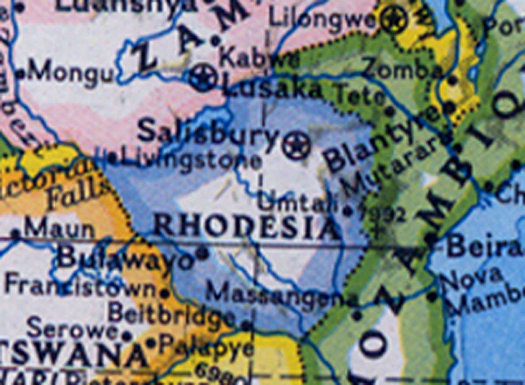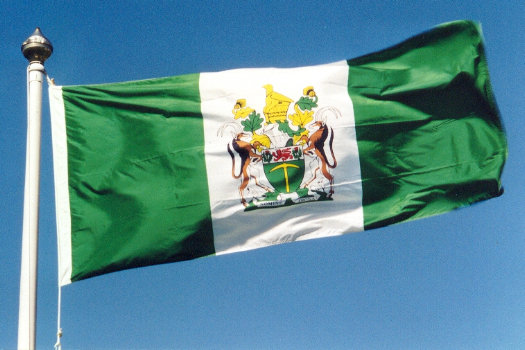
About Andrew Cusack
 Writer, web designer, etc.; born in New York; educated in Argentina, Scotland, and South Africa; now based in London.
Writer, web designer, etc.; born in New York; educated in Argentina, Scotland, and South Africa; now based in London. read more
News
Blogs
Reviews & Periodicals
Arts & Design
World
France
Mitteleuropa
Knickerbockers
Argentina
The Levant
Africa
Cape of Good Hope
Netherlands
Scandinavia
Québec
India
Muscovy
Germany
Academica
Theodore Dalrymple on Rhodesia

The young black doctors who earned the same salary as we whites could not achieve the same standard of living for a very simple reason: they had an immense number of social obligations to fulfill. They were expected to provide for an ever expanding circle of family members (some of whom may have invested in their education) and people from their village, tribe and province. An income that allowed a white to live like a lord because of a lack of such obligations scarcely raised a black above the level of his family. […]
It is easy to see why a civil service, controlled and manned in its upper reaches by whites could remain efficient and uncorrupt but could not long do so when manned by Africans who were suppose to follow the same rules and procedures. The same is true, of course, of every other administrative activity, public or private. The thick network of social obligations explains why, while it would have been out of the question to bribe most Rhodesian bureaucrats, yet in only a few years it would have been out of the question not to try to bribe most Zimbabwean ones, whose relatives would have condemned them for failing to obtain on their behalf all the advantages their official opportunities might provide. Thus do they very same tasks in the very same offices carried out by people of different cultural and social backgrounds result in very different outcomes.
Viewed in this light, African nationalism was a struggle for power and privilege as it was for freedom, though it co-opted the language of freedom for obvious political advantage.
The Mandarins and the Masses

Search
Instagram: @andcusack
Click here for my Instagram photos.Most Recent Posts
- Sag Harbor Cinema March 26, 2025
- Teutonic Takeover March 10, 2025
- Katalin Bánffy-Jelen, R.I.P. March 3, 2025
- Substack Cusackiensis March 3, 2025
- In the Courts of the Lord February 13, 2025
Most Recent Comments
Book Wishlist
Monthly Archives
Categories



It would be wonderful to see that flag flying once again….